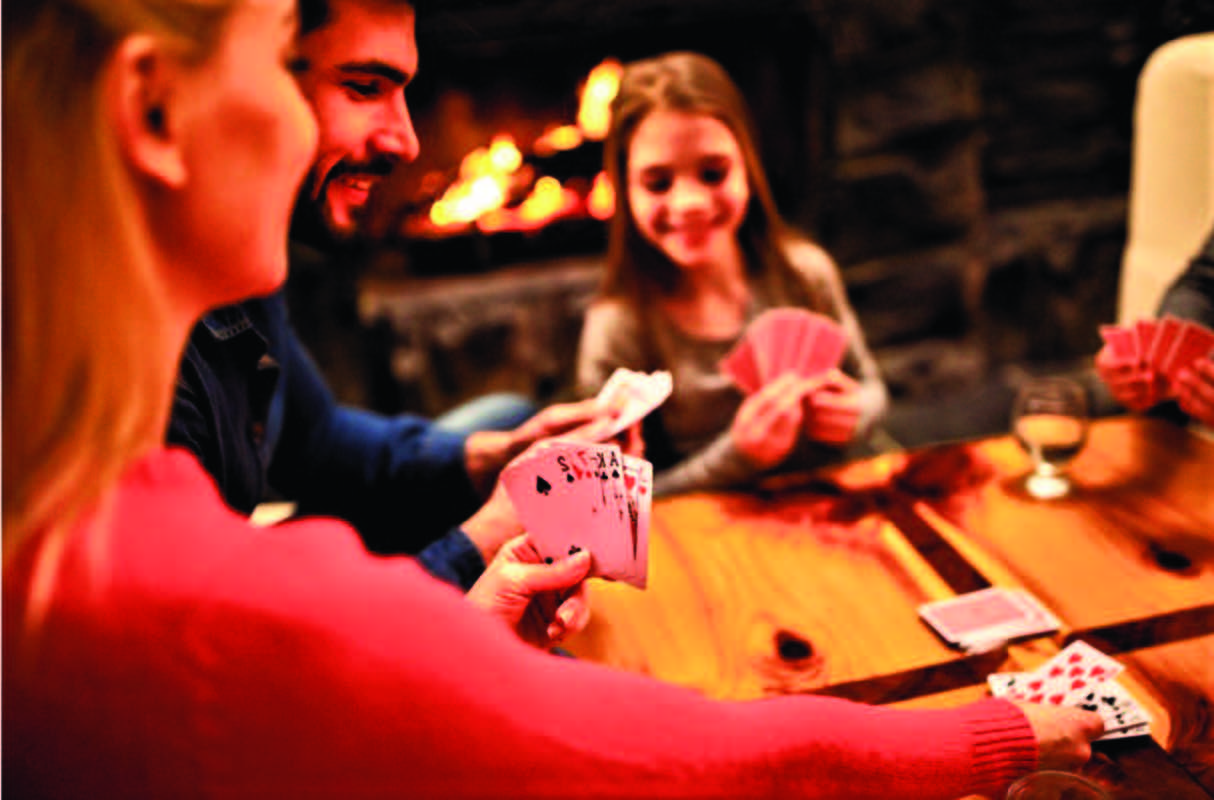
BY JACKIE SCHWABE
Just Wanna Have Fun" was one of my favorites. While I don't listen to Cindi Lauper very much these days, I still think that all girls really want is to have fun. For that matter, most children just want to have fun. Yet, having fun isn't always as easy as it sounds if you have special needs children.
I grew up loving the music of the 80's. "Girls have more than one child at home. Several of my children would be considered typically developing, one has an autism diagnosis, and another has a dyslexia diagnosis. Yet, regardless of their diagnosis, each of them wants to spend family time doing something fun. We had to figure out how to have fun with our family at a price we could afford. We also wanted our kids to feel empowered when they went into other environments to play games that might be found at their friends' homes. The end result was learning how to adapt existing commercially available card or board games to fit the needs of all of our children. The rest of this article describes how we modified UNO to meet our family's needs and a few suggestions on how you too might adapt other games, save some money by avoiding expensive special need-only toys, and use toys as tools for fun, engagement, and family time.
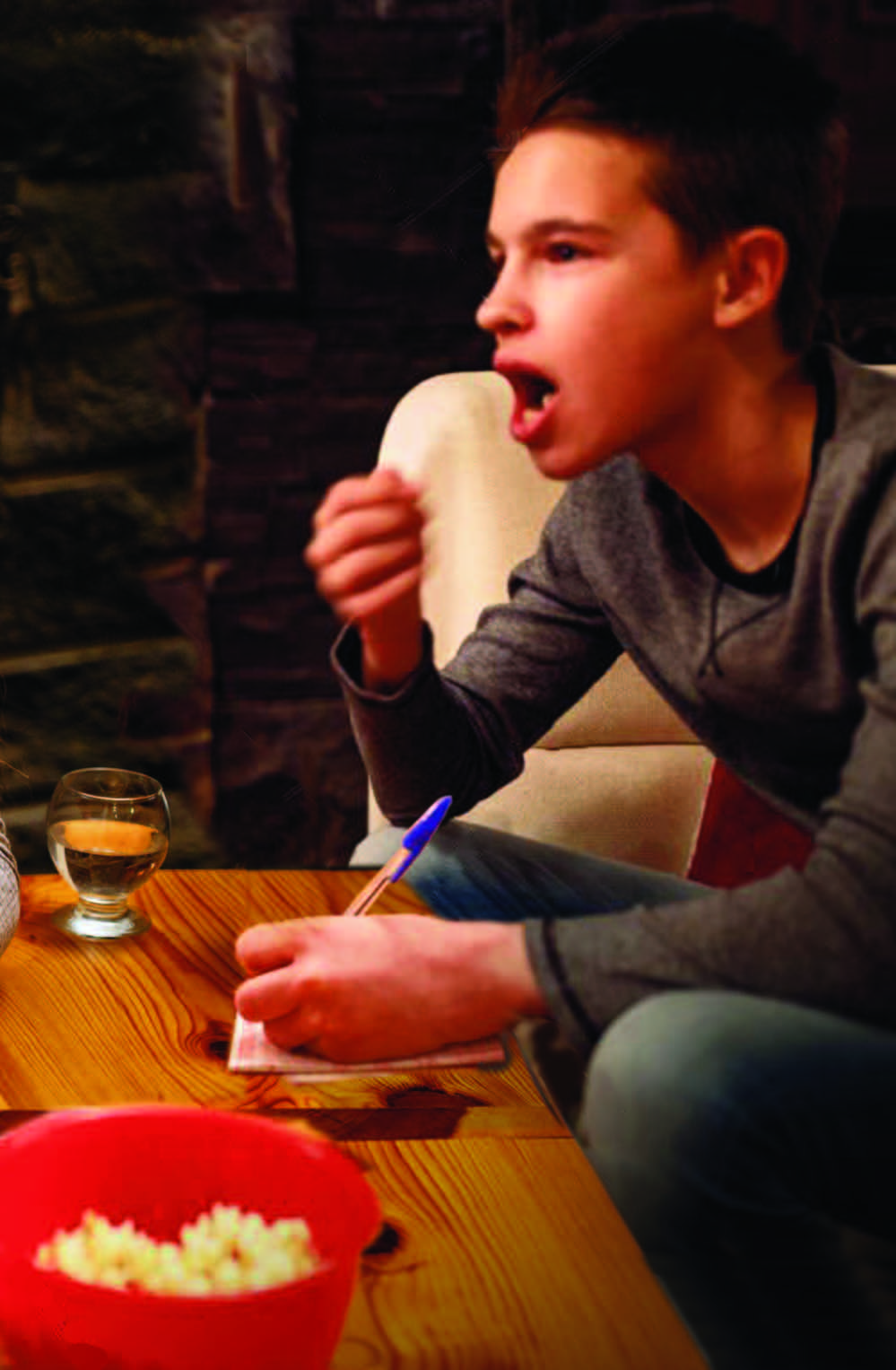
GOOD DEAL: Investigate if your child is able to draw cards from a stack of cards or if you need to have the cards spread out in a pile to make them easier to pick up. If teaching taking turns and drawing a new card are too much for one pregame session, then you can do each during different times.
UNO CAUSED A MELTDOWN
Uno is a game that we played as kids with our parents at the dinner table. It was simple enough; the goal was to get rid of all of your cards and when you had one left in your hand you would yell UNO to warn the rest of the players you were about to win. The game was a bit more complex than this description as there were skip, reverse and other action cards to make the game a bit more fun. However, the first time we tried to play Uno with Zoe, our child with an autism diagnosis, we found out pretty quickly that it wasn't as simple as we originally thought. Since it wasn't as simple as we thought, it was also not as fun for her as we thought, and it ended in a major meltdown that wasn't fun for anyone.
Learning to adapt existing games has carried over into other things in our life. We are not the type of family that sits and waits for others to tell us how we can have fun anymore. We have learned to be investigators, adapt to our situation, and make fun happen.
TOYS AS TOOLS
I realized after observing Zoe's therapists for four years during BY MICHELE ERTL-ROSNER her Applied Behavior Analysis (ABA) therapy that she learned a little differently than our other children. I considered if applying some of the same techniques we learned in therapy would apply to teaching her how to play a game of UNO. The concept of toys as tools for fun emerged in our family.
THE INVESTIGATOR
The first thing to consider when adapting a new game for your child is to investigate if they have some of the basic skills needed for the game. The idea is to remove all the extra stuff and identify if they can perform a specific skill and to what level they are able to perform it. For example, a key component of UNO is to match colors and numbers to one another. Yet, that is actually two skills, one is matching colors and the other is matching numbers. So, we isolated the first investigation to test if she was able to match colors. We also didn't do these tests with all the other children around. We are not playing the game with the entire family yet, we are just trying to see how we could best adapt the game, so Zoe could be included. On a side note, we did find that as we did this type of investigation more and more often, that we could play the "investigation" game. This game allowed all the other family members to be the investigator that found out how much their sister knew. Our kids are now master investigators and game adaptation consultants.
PROCESS OF ADDITION
Once we decided to test matching with colors, we then had to find out how many cards she could see at one time and not be overwhelmed. We started with only three cards. Two of the cards were the same and one was unique. We asked her to match the colors. Lucky for us, she was able to do that with ease. We included the color matching until we got to seven cards. We called this the process of addition. We didn't eliminate options, we kept adding a little at a time. We selected seven because that is the number cards in an UNO hand. However, if you child can do four cards and no more, then stop at four. You are making up your own adapted rules right now to see how you can best play the game.

AHEAD OF THE GAME: Talk to your other family members to advise them about new adapted game rules before you play so there are no surprises when you play together.
POWER OF SAFETY
You can also do the same test for matching numbers. If you find out your child can only match the colors or only the numbers, then adapt the family game to only match on that item. Two great things have already happened. You already played with your child and prepared them for matching in the family game and you did it in a safe way where they do not feel overwhelmed or embarrassed for not understanding the rules. We made it safe for her to learn. The power of safety does amazing things for self-esteem, or at least it did in our home. You can even consider matching only colors or only numbers the first time to really keep things simple for your child as they learn new skills.
ADAPTATIONS FOR FINGERS
Another adaptation we use was to have everyone's cards face up in front of them instead of being held in their hands. Some children, including our child, have dexterity limitations – and we didn't want her to get frustrated with that and miss out of the fun.
LEARNING SOCIAL SKILLS LIKE TAKING TURNS
Taking turns is also an important skill for playing a card game. Doing a one-on-one investigation with your child to play the matching game where you take a turn and they take a turn is a good practice before the family game as well. You can also find out at this time if they are able to draw cards from a stack of cards or if you need to have the cards spread out in a pile to make it easier to pick up. If teaching taking turns and drawing a new card are too much for one pregame session, then you can do each during different times. The key is to have fun each time and build on skills each time you play. The big win will be playing your family's own personal game with your child being fully included in the social experience.
SENSE OF CONTROL: CONTINUE WITH SENSE OF SAFETY
Now you are ready to play with the family. It is a good time to talk to your other family members, including other children, to advise the new adapted game rules before you play so there are no surprises when you play together. You want to encourage your child to pick from a few games that you have done pregame warm up with. This gives them a sense of control and empowerment. Provide only two to three choices so you don't overwhelm them during your first game together.
MEET THEM WHERE THEY ARE
Once they select the game to play, setup the game to work the way you adapted it to work. If you are playing UNO, remove all of the action cards so you only have the cards with colors and numbers. Play on a surface that is clear of other distractions. Explain the rules in a simply way, but do not oversimplify. If you child can handle a more complex explanation, use words they are comfortable using. Meet your child where they are. Focus on only the number of steps that your child is able to follow and only explain that many. For example, our daughter could only follow two-step instructions when we did this the first time, so we only provided two details at one time. Our daughter also has a seven to ten second processing delay, so we let time pass before we explained more as well.
EMPOWERMENT THROUGH PLAY
We found the more would allow family time, but it was really difficult. Once we figured out how to adapt games, we were all able to spend time together. We were able to work on our daughter's social skills too. Third, we were able to play with a pur"We empowered all of our children to find innovative solutions to we empowered Zoe to make choices about the adaptations, the more fun she had and the more ownership she took. Zoe decided she didn't want to say UNO, she wanted to say Poppy. Then the new rule in our house was that the winner got to pick the special word we yelled when we had one card left. I am happy to say that she is now able to play by the standard rules of UNO, as well as the family rules. Turns out that the family rules ended up being more fun in some cases.
LESSONS FROM THE FIELD
A few great lessons came out of learning how to adapt games to allow our daughter to play with us. First, we stopped buying a lot of special games that were just for her. Early on we purchased a lot of things that we couldn't use or didn't use and then we didn't know what to do with them. Also, our other children felt that their sister got a lot of fun toys and they didn't get anything. They seemed to understand the non-toy like purchases, but the games and toys were a different story.
Second, we were able to play games together as a family. Let's face it, things can be difficult raising children and trying to keep everyone connected. We were trying to play board games or do other things that would allow family time, but it was really difficult. Once we figured out how to adapt games, we were all able to spend time together. We were able to work on our daughter's social skills too.
Third, we were able to play with a purpose. What I mean is we were able to use toys as tools to encourage cognitive skills, identify number, identify colors, matching, counting, and strategic thinking. Fourth, we empowered all of our children to find innovative solutions to solve their own problems. Our child with dyslexia preferred games that didn't have a lot of reading. Our child with an autism diagnosis turned out to be a great reader, so she was able to help adapt things for her older brother.
HOW WILL YOU MAKE FUN HAPPEN TODAY?
Sometimes we can get caught up in all the things we or our children cannot do. We want to have fun and we want them to have fun too. My kids have taught me more than any degree I have even obtained, and any job I have ever worked. Learning to adapt existing games has carried over into other things in our life as well. We are not the type of family that sits and waits for others to tell us how we can have fun anymore. We have learned to be investigators, adapt to our situation, and make fun happen. How will you make fun happened today? •
ABOUT THE AUTHOR: Jackie Schwabe is co-founder and CEO of Mindlight, LLC and Vice President of Leadership Research at North of Center. She is a certified Caregiving Presenter, Certified Caregiving Consultant, and Certified Caregiving Educator. She received her BA in Management Computer Systems from the University of Wisconsin – Whitewater and her MBA in Technology Project Management from the University of Phoenix. She has been active in the area of healthcare integration, healthcare IT, telemedicine, product development, and product management for over 20 years. She has been a cross-sector, cross-discipline leadership practitioner her entire career. Her mission is to provide the tools, opportunities, and connections people need to be their best self.
Rules for Common Card Games
When we are at home, we like to spend time enjoying family fun, so we learned how to adapt existing commercially available card or board games to fit the needs of all of our children. We modified UNO to meet our family's needs, and we adapted some other games to avoid expensive special needsonly toys. Now, we use toys as tools for fun, engagement, and family time.
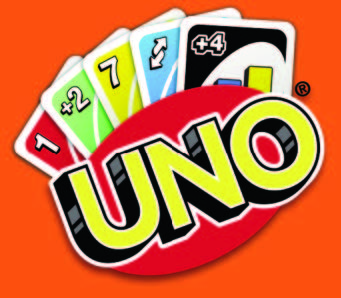
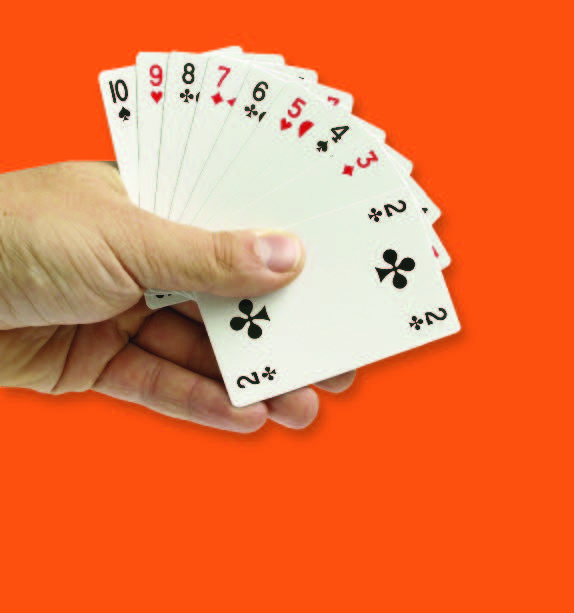
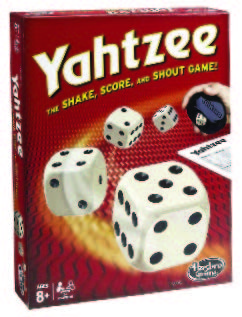
uno unorules.com go FIsh bicyclecards.com/how-to-play/go-fish BIngo bicyclecards.com/how-to-play/bingo YahtZee hasbro.com/common/instruct/Yahtzee.pdf
Empowerment Fun, and Toys as Tools
Our family was trying to play board games or do other things that would allow family time, but it was difficult until we figured out how to adapt games. Once we did, we were able to spend time together, and work on our daughter's social skills too. MUNO is an adapted game that helps to encourage the cognitive skills needed to identify numbers, colors and matching. The goal of this game is to be the first one to get rid of your cards.
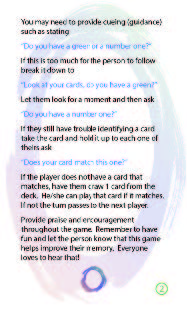
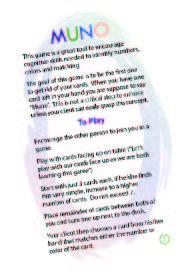
muno: a Card game For matChIng Colors and numBers thegamecrafter.com/games/muno MUNO is an adapted game that helps to encourage the cognitive skills needed to identify numbers, colors and matching. The goal of this game is to be the first one to get rid of your cards.Sensory Toys & Special Needs Toy specialists since 1983 specialneedstoys.com/usaRISE & SHINE TOGETHER Therapeutic Devices Designed to Foster and Enhance Abilities riseandshinetogether.comMUNO IMAGES PROVIDED BY JACKIE SCHWABE